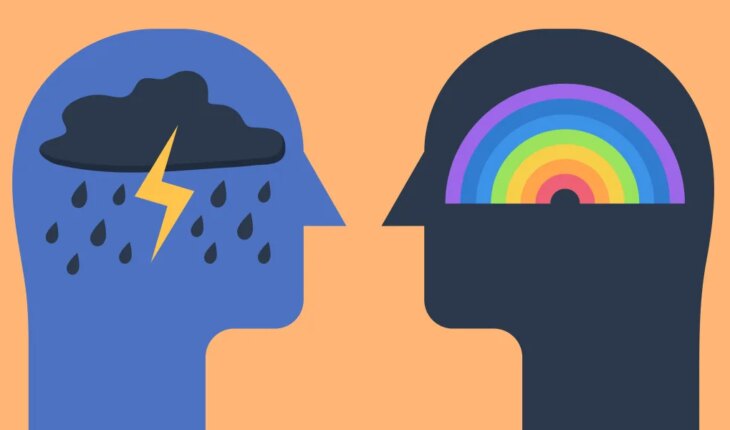Every March 30, World Bipolar Disorder Day is commemorated, a date that seeks to raise awareness about a condition that affects millions of people around the world. This time, the focus is on the need to combat the stigma surrounding mental disorders, which often acts as a barrier to access to appropriate treatment and care. Bipolar disorders, also known as manic-depressive disorders, are diseases of the central nervous system that affect the mechanisms that regulate mood. According to the definition provided by Ineco, these conditions are characterised by the presence of manic or hypomanic episodes, depressive episodes and mixed episodes, which can occur at any interval of time, from years to hours. According to the Third Argentine Consensus on the Management of Bipolar Disorders, these conditions affect approximately 1.0% of the population for bipolar disorder type 1 and 0.4% for bipolar disorder type 2, with the most common age of onset between 20 and 30 years. But what do we really know about bipolar disorder? How does it impact the lives of those who suffer from it? How can we overcome the stigma surrounding the disease?” The disorder, thanks to medicine, has a beginning and an end. The label doesn’t,” says Cecilia Epszteyn, writer of “Dressed as a Spy,” in an interview with Filo.news. “It is a psychiatric disorder that must be diagnosed by a health professional and with the right treatment you can lead a totally normal life,” he adds. It does not distinguish gender, age or socioeconomic status. With an onset commonly seen in adolescence or early youth, this condition can affect the lives of those who experience it, as well as those of their family and close friends. The therapeutic approach to bipolar disorder is complex and multidisciplinary. It includes the use of mood-stabilizing drugs, psychological therapies, and stress management strategies, among other approaches. Recognizing the multifactorial nature of this illness, mental health professionals work as a team to provide comprehensive care that allows patients to regain lost balance. These conditions, characterized by extreme changes in mood and behavior, are often misinterpreted as simple “mood swings” or lack of emotional control. Lack of understanding can lead to discrimination in the workplace, in social interactions, and even within the healthcare system, where patients may be treated with disdain or disbelief. Fear of judgment from others can lead people to hide their symptoms, thereby delaying the diagnosis and early intervention that are critical to a successful recovery. This is why, when the warning signs manifest themselves in someone close to you, it is essential to seek specialized help. Early intervention can make the difference between prolonged suffering and progressive recovery. Education and awareness about bipolar disorder are key steps in building a more empathetic and understanding society towards those facing this illness.
Original source in Spanish
World Bipolar Disorder Day: The Fight for Access to Treatment and Appropriate Care
March 30, 2024 |





